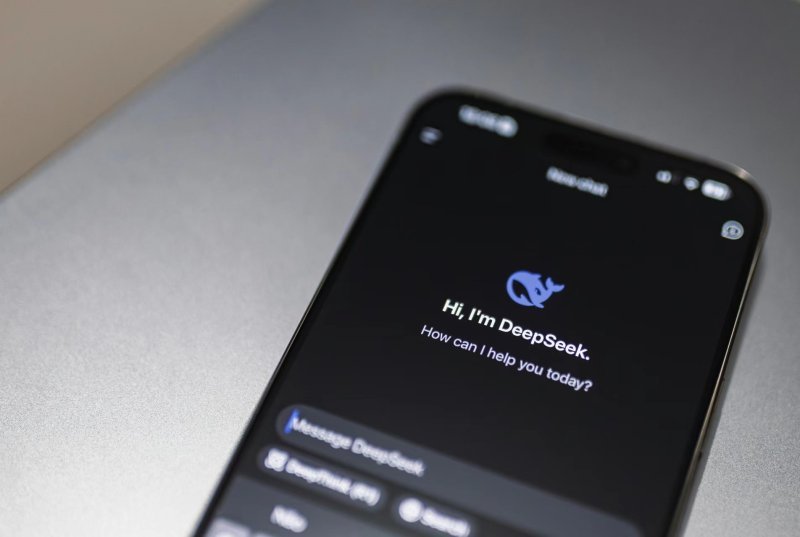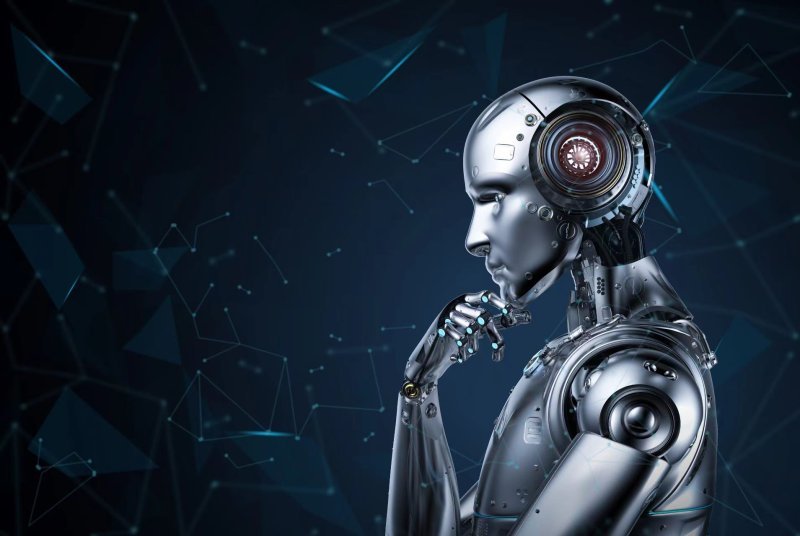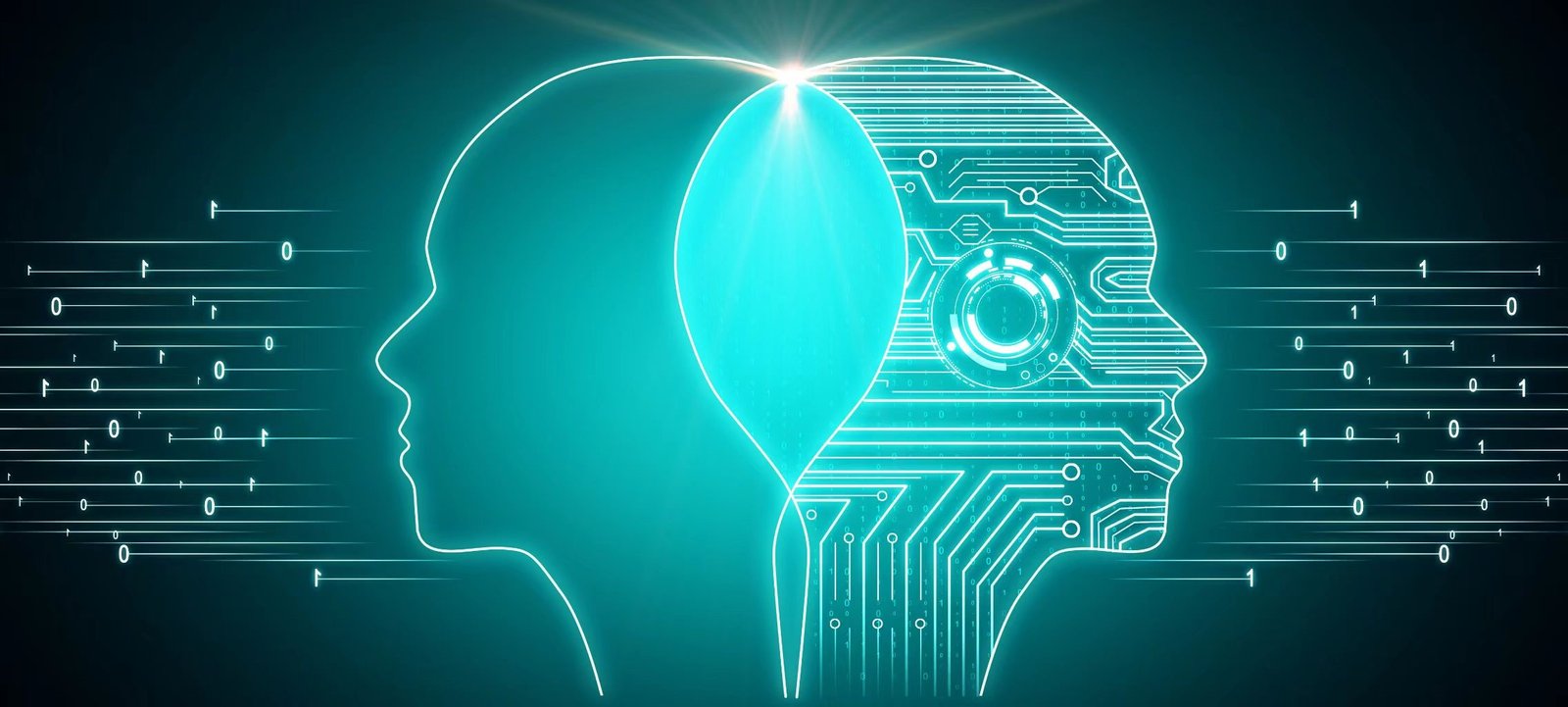Mandarin Monday is a regular series where we help you improve your Chinese by detailing fun and practical phrases and characters.
Artificial intelligence (AI) is everywhere these days, from chatbots to self -driving cars. If you live in Beijing or are just interested in tech, it may be incredibly useful to know how to discuss AI in Chinese. Whether you are chatting with friends, attending a technical conference or reading the latest news, here is a guide to help you navigate the world of AI word waiver in Mandarin.
1. The Basic: What is AI?
In Chinese, AI is often referred to as:
- 人工智能 (Réngōngzhìnéng) – artificial intelligence
- 人工 (Réngōng) = artificial/man -made
- 智能 (Zhìnéng) = intelligence
Example sentence:
人工智能正在改变世界。 (Réngōngzhìnéng zhèngzài gǎibiàn shìjiè.)
“Artificial intelligence changes the world.”
2. Key AI -Terms
Here are some important words and phrases to expand your ai -word offense:
- 机器学习 (Jīqì Xuéxí) – Machine learning
- 机器 (Jīqì) = machine
- 学习 (Xuéxí) = Learning
- 深度学习 (Shēndù Xuéxí) – Deep learning
- 深度 (Shēndù) = Deep
- 神经网络 (Shénjīng Wǎngluò) – Neural Network
- 神经 (Shénjīng) = Neural
- 网络 (Wǎngluò) = network
- 大数据 (dà shùjù) – Big Data
- 大 (as) = large
- 数据 (Shùjù) = Data
- 算法 (Suànfǎ) – Algorithm
- 自动化 (Zìdònghuà) – Automation
- 聊天机器人 (Liáotiān Jīqìrén) – Chatbot
- 聊天 (Liáotiān) = Chat
- 机器人 (Jīqìrén) = Robot

3. Talking about AI applications
AI is used in many areas. How to talk about some regular applications:
- 自动驾驶 (Zìdòng Jiàshǐ) -Self-driving/autonomous driving
- 自动 (Zìdòng) = automatically
- 驾驶 (Jiàshǐ) = driving
- 人脸识别 (Rénliǎn Shíbié) – Face recognition
- 人脸 (Rénliǎn) = human face
- 识别 (Shíbié) = Recognition
- 语音助手 (yǔyīn zhùshǒu) – voice assistant
- 语音 (yǔyīn) = voice
- 助手 (Zhùshǒu) = Assistant
- 智能家居 (Zhìnéng jiājū) – Smart Home
- 家居 (Jiājū) = at home

4. Discusses the action of AI
AI is a hot topic and people often debate their advantages and disadvantages. Here are some sentences to participate in the conversation:
- AI 的好处 (Ai de Hǎochù) – the benefits of AI
- 好处 (Hǎochù) = Benefits
- AI 的挑战 (Ai the tiǎozhàn) – the challenges of AI
- 挑战 (tiǎozhàn) = Challenges
- AI 会不会取代人类?(Ai huìbùhuì qǔdài rénlèi?) “Will AI replace people?”
- 取代 (Qǔdài) = replace
- 人类 (Rénlèi) = people
- AI 需要伦理规范。(Ai xūyào lúnlǐ guīfàn.) “AI needs ethical guidelines.”
- 伦理 (Lúnlǐ) = Ethics
- 规范 (Guīfàn) = Guidelines

5. Fun AI-Related Slang
Technical Chinese Chinese Netizens has come with some creative slang related to AI:
- 人工智障 (Réngōng Zhìzhàng) – A playful expression that mocks AI when it fails or acts “stupid.”
- 智障 (Zhìzhàng) = intellectually handicapped (used humorous here)
- AI 大神 (Ai Dàshén) – refers to someone who is an AI expert or “God.”
- 大神 (Dàshén) = God/Master
6. Practice makes perfect
Try using these expressions in a sentence or conversation. For example:
我最近在学习人工智能和机器学习。(Wǒ zuìjìn zài xuéxí réngōngzhìnéng hé jīqì xuéxí.)
“I’ve learned about AI and Machine Learning recently.”
Or ask a question:
你觉得 ai 会改变未来的工作吗?(Nǐ juéde ai huì gǎibiàn wèilái de gōngzuò ma??
“Do you think AI will change the future of work?”
Whether you are a technical enthusiast or just curious about AI, these expressions will help you navigate conversations and keep you informed. 加油! (Jiāyóu!) Continue to practice and soon discuss AI as a pro in Mandarin.
Do you have any other AI-related terms or questions? Share them in the comments below!
Read: Mandarin Monday: A meatful of guide to Chinese sausages
Photos: Canva
